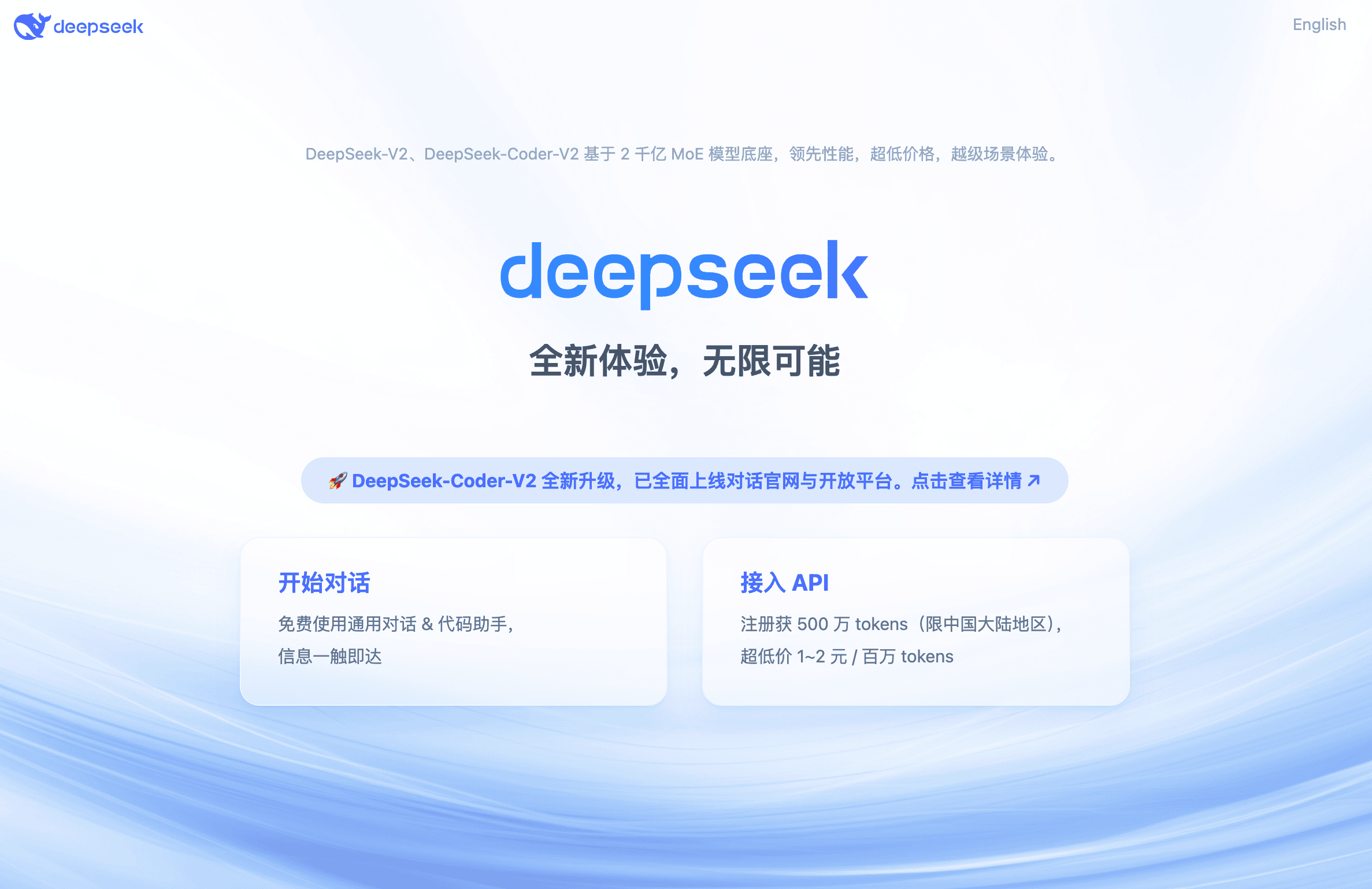
Microsoft is bringing NPU-optimized variations of DeepSeek R1 to Copilot+ PCs.
- DeepSeek R1 is very first concerning Qualcomm Snapdragon X-powered devices, followed by Intel and AMD
AI chipsets.
- The DeepSeek-R1-Distill-Qwen-1.5 B design is being contributed to the Microsoft
AI Toolkit.
Microsoft has actually revealed that it's
bringing NPU-optimized versions of DeepSeek R1 to Copilot+ PCs. The business will also incorporate the DeepSeek-R1-Distill-Qwen-1.5 B model into its Microsoft
AI Toolkit for developers, with the 7B and 14B versions set to follow.
In a recent post, Microsoft revealed that DeepSeek R1 models will first be readily available on Qualcomm Snapdragon X-powered PCs, followed by
Intel Core Ultra 200V
laptop computers and AMD
AI chipsets. This release will allow designers to construct
AI-powered apps that run locally on compatible Copilot+ PCs.

"The enhanced DeepSeek models for the NPU make the most of numerous of the essential learnings and techniques from that effort, including how we separate out the various parts of the design to drive the very best tradeoffs between performance and performance, low bit rate quantization and mapping transformers to the NPU," Microsoft discussed.
Microsoft has outlined the hardware requirements for running these
AI models on Windows 11 gadgets. To certify, a PC should have a Neural Processing Unit (NPU) with at least 40 TOPS (trillion operations per second), 16GB of RAM, and 256GB of storage. This implies that PCs with old NPUs won't have the ability to run these designs in your area.

How to run DeepSeek R1 on Windows 11 Copilot+ PCs?

To start with DeepSeek on a Copilot+ PC, developers will need to produce an Azure account on Microsoft's website. Now, launch Azure
AI Foundry and then browse for DeepSeek R1. Select the "Have a look at model" option, click Deploy, and then click "Deploy" again in the pop-up window. The Chat
Playground alternative will appear, and designers can begin try out DeepSeek R1 locally on their Copilot+ PCs.
 Microsoft
Microsoft has likewise announced that it's making the open-source DeepSeek R1 LLM offered for designers through Azure
AI Foundry and GitHub. "Among the essential advantages of utilizing DeepSeek R1 or any other design on Azure
AI Foundry is the speed at which designers can experiment, iterate, and integrate
AI into their workflows. With built-in model evaluation tools, they can quickly compare outputs, benchmark efficiency, and scale
AI-powered applications," stated Asha Sharma, Corporate Vice President,
AI Platform.
A new report from the Financial Times
exposes that Microsoft is examining whether Chinese start-up DeepSeek unlawfully utilized OpenAI's information to train its R1 design. This action breaches OpenAI's regards to service, and Microsoft plans to collaborate with the US federal government to protect its
AI model.
Microsoft's statement aims to address issues about DeepSeek potentially
keeping data on unsecured foreign networks. To mitigate this danger, the company has actually subjected DeepSeek R1 to strenuous red teaming and
safety evaluations to lower the risk of information breaches.








 Author
Author